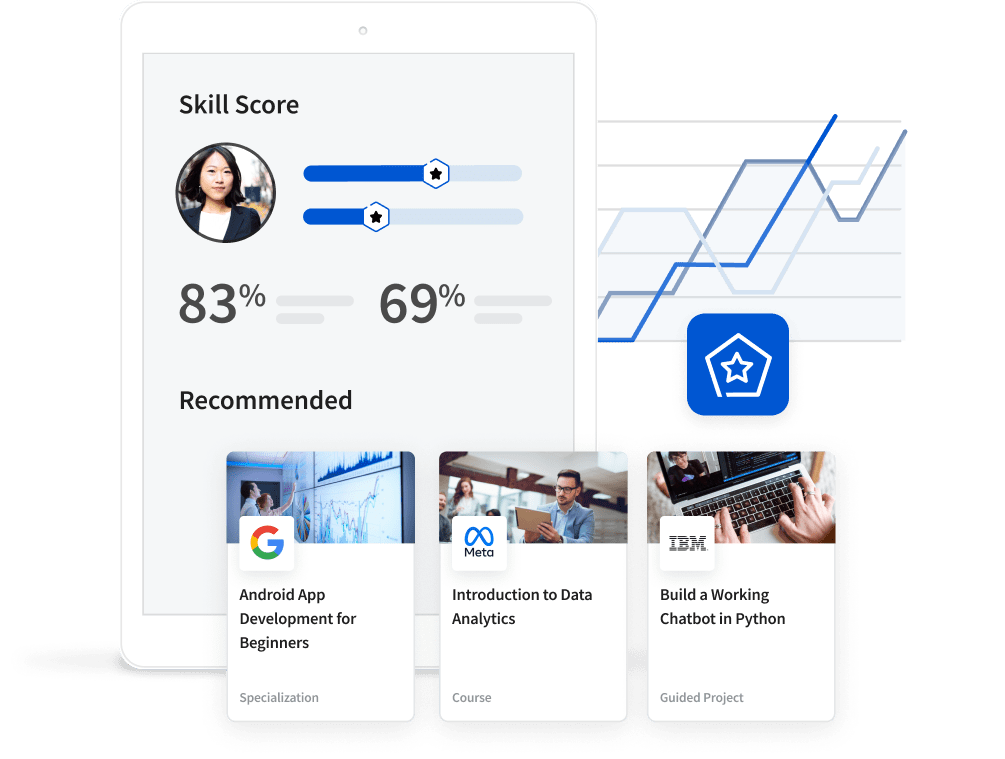
Tips to consider when acquiring project management skills
Project Management is a skill that can be tough to master, but once you get a handle on the skills and techniques, it can make your life much easier. This article will give you many insights into managing projects better so that you never face such a difficult task again.
What is Project Management?
Image Source: Link
There are many different types of project management, and no one approach is right for every project. To be successful with a project, you need to understand the basics of all the different types of project management. This includes understanding the concepts and core practices of cost estimation, time estimation, resource allocation, stakeholder management, and risk assessment. Once you have a good understanding of these concepts and practices, you can tailor your approach to best fit the specific needs of your project.
Cost estimation is an important part of any project. You need to estimate how much it will cost to complete the project and how much it will take to get the finished product. Time estimation is also important; you need to figure out how long it will take to complete the project. You also need to determine how much time you have available for the project and how much money you have budgeted for it.
Resource allocation is another key element of successful projects. You must figure out which resources are necessary for the project and allocate them accordingly. Stakeholders are also important in a project; you need to understand their participation expectations and motivations. Finally, risk assessment is essential for determining which risks should be considered when undertaking a project.
How to make a project plan?

Image Source: Link
When acquiring project management skills, it is important to consider a few key things. This includes understanding the different types of projects, setting realistic goals, and creating a project plan. Here are seven tips to help you get started:
1) Understand the Different Types of Projects
Projects can be categorized into three main types: short-term, medium-term, and long-term. It is important to understand the type of project you are undertaking to create a plan that targets manageable goals.
2) Set Realistic Goals
Creating goals that are too lofty or impossible to achieve can lead to frustration and wasted time and resources. Set goals that will challenge you but are still achievable.
3) Create a Project Plan
A project plan outlines all steps necessary for completing the project and should be tailored to the specific project type. A template can be found online or at your local library.
4) Stay Organised and Flexible
Keeping track of progress is essential when working on a project. Use tools such as timelines, Gantt charts, and Microsoft Project to stay organized while ensuring flexibility for changes along the way.
5) Communicate with Team Members and stakeholders Regularly
It is important to keep team members updated on progress so they know what tasks need completion and when they should expect results. Additionally, communicate with stakeholders regarding changes or updates so they are aware of your progress.
6) Stay Alert for Issues
Monitoring your project for potential problems early on can help avoid delays and headaches. Use tools such as change management plans and hotlists to keep track of any issues that may arise.
7) Celebrate Successes and Address Challenges
When a project is completed, celebrate and reflect on the successes. This will help you learn from your mistakes and progress with future projects.
The importance of organizational skills

Image Source: Link
Organizational skills are critical for any individual or organization looking to manage projects successfully. When acquiring these skills, it is important to consider various tips to help improve one’s ability to manage projects effectively. Below are some key points to keep in mind:
- Learn as much as you can about project management concepts and techniques. This will help you better understand the basics of the process and how it works.
- Establish clear project goals and objectives early on in the project cycle. This will help ensure that all parties involved are aligned with the project’s main objective.
- Create a well-documented project plan that accurately reflects the goals and objectives of the project. This will help ensure that everyone involved knows what is expected from them and that any issues or challenges can be detected early in the process.
- Establish effective communication channels between all parties involved in a project so that all necessary information is shared accurately and quickly. This will help prevent any potential issues from developing into bigger problems down the line.
How to manage the project process?

Image Source: Link
When acquiring project management skills, it is important to consider various factors. Here are some tips to help you manage the project process:
1. Define the goals of the project.
It is essential to have clear goals for a project before starting it. This will help you track progress and ensure that all stakeholders are on the same page.
2. Create an effective timeline.
Creating an accurate timeline is key to ensuring that the project stays on schedule and meets expectations. Keeping track of deadlines will also help prevent delays and complications.
3. Establish communication guidelines early on in the project.
Effective communication is key throughout the entire project process, from planning to delivery. Clear communication guidelines will help keep everyone on track and minimize confusion or conflict.
4. Insist on peer reviews and feedback sessions throughout the project cycle.
Peer reviews and feedback sessions are essential for quality assurance during a project. They allow team members to share their thoughts and suggestions before they become finalized, saving time and avoiding potential conflicts later in the process.
Conclusion

Image Source: Link
When it comes to acquiring project management skills, there are a few things you should keep in mind. First and foremost, ensure you understand the basics: what is project management, how does it work, and why is it important? Once you understand the basics, make sure to focus on acquiring specific skills that will be relevant to your field or area of interest. Finally, stay updated on industry trends to keep up with changes and best practices as they emerge. These tips shouldn’t be too hard to become a proficient project manager!
